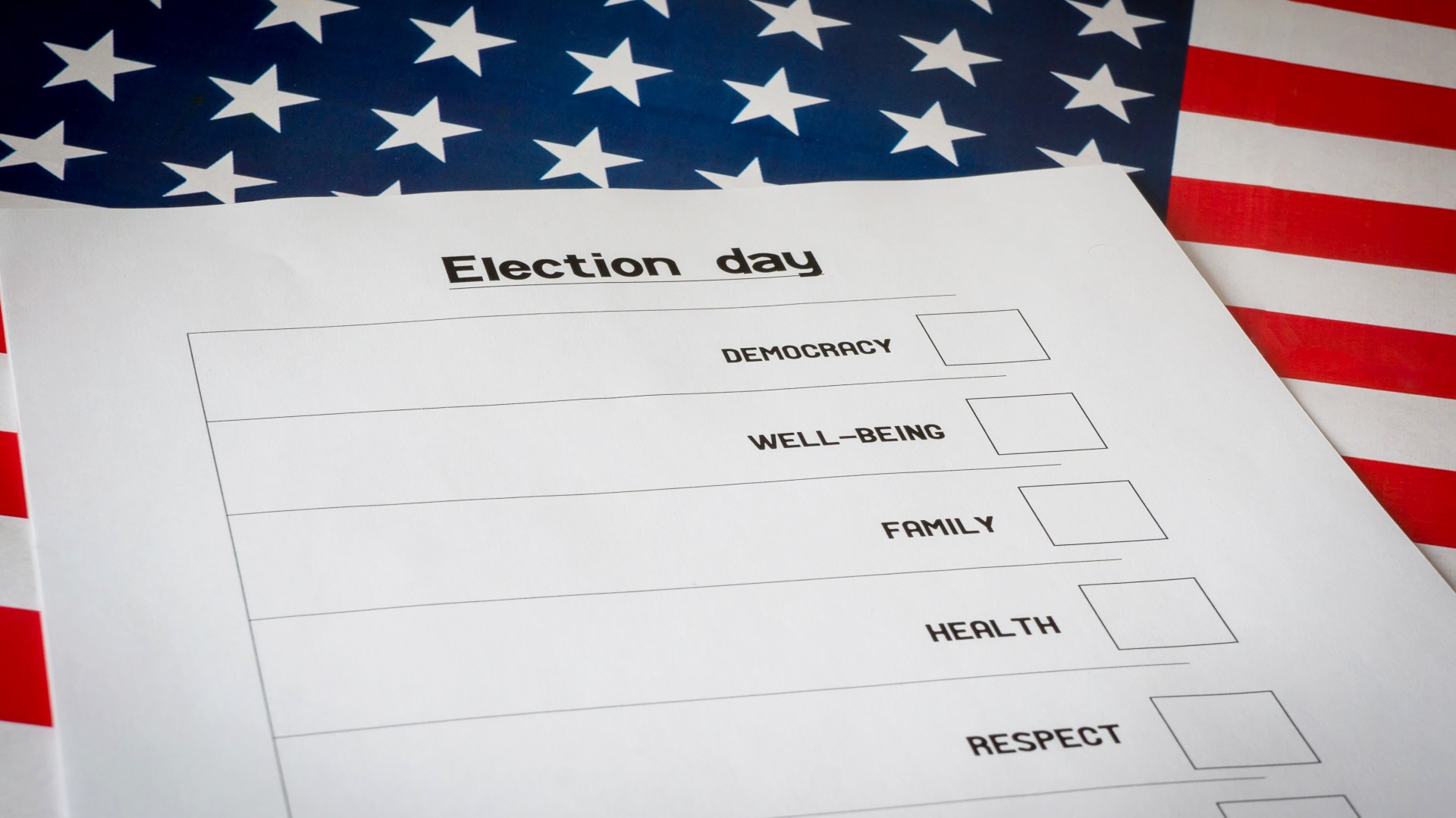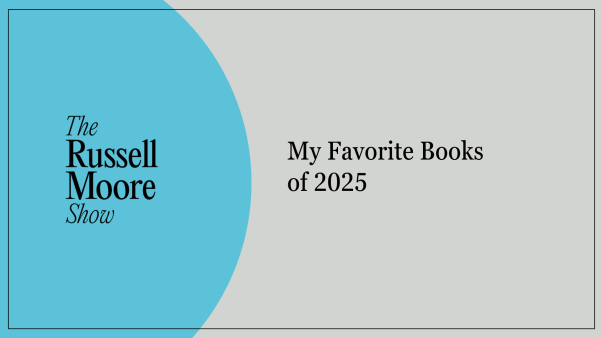Russell Moore recently wrote a piece whose title I resonate with: “Why this election makes me hate the word ‘evangelical.’” As he notes, the word has become nearly meaningless in this election year. Most journalists, who should know better, use the word to mean only one segment of evangelicalism: those who are white and Republican. This is annoying, because evangelicalism has traditionally been a many splendored thing. And because evangelicalism has not been primarily about politics.
But precisely because it is a movement made up of many races and ethnicities, many worship styles, and many political persuasions, it hasn’t taken much for one group of evangelicals to become embarrassed at the unseemly views and behavior of other evangelicals.
Some evangelicals just shake their heads in despair when fellow evangelicals want to build a wall to keep out Mexicans, say we should all carry guns to defend ourselves, or insist that Donald Trump is America’s best hope. They are so embarrassed, they go out their way to say, “I’m not that type of evangelical.” Or they write blog posts and columns fervently arguing why evangelicals should not vote for Trump.
In part, they are trying to communicate to the larger world that not all evangelicals support Trump. Some really do assume Trump represents a mortal danger—more on that in a bit. But I’ve read enough posts over the past few weeks to suggest that some, at least in part, want to put some distance between themselves and these crazy relatives.
To put my cards on the table: I tend to identify with these evangelicals and their desire to change our identity: “If that’s what many evangelicals believe, and if that’s what the national media thinks of evangelicals, then I don’t want to be known as an evangelical any longer.”
Embarrassment of those within our camp has been a regular feature of evangelicalism. When Billy Graham broke away from the fundamentalists in the 1950s, many joined him because they were, in part, tired of being associated with “raving fundamentalists.” They didn’t even want to be called fundamentalists, but evangelicals. So what we’re seeing today is not new. It’s just that nobody has come up with a new name for those who want to disassociate with Trump and friends.
But something beyond mere embarrassment may be at play here, and it may be shaping the very nature of evangelicalism.
Evangelicals have cared about social justice for some decades now. While evangelicals will differ on many political issues, we’ve been relatively uniform about one area of justice: abortion. While a pro-life stance is rarely, if ever, included in statements of faith in evangelical organizations, there is a presumption that if you are an evangelical, you are pro-life. The same is true of sexuality and religious freedom, here and abroad. These are three examples of first-order social issues for evangelicals—social issues that are so important to evangelicals, they would eschew fellowship with those who don’t share their hunger and thirst for social righteousness in these areas.
In the last year and a half, another social justice issue has risen in prominence for evangelicals, and I’m beginning to think it has become a first-order social issue: racial and ethnic justice. I do not have the statistical tools to prove this, but sitting in the seat I do at CT, I can say this: Since the racial disaster in Ferguson, Missouri, the amount and intensity of Facebook and Twitter comments/blog posts/commentary/conversations about racial injustice, the number of evangelicals who support #BlackLivesMatter, the passion for multicultural initiatives—well, it has become a tsunami that has changed the evangelical landscape.
The latest bit of evidence is seen in the presidential election. Many evangelicals are troubled by Donald Trump’s arrogance and bluster, yes, but if I’m reading the tea leaves right, their concerns are ultimately rooted in his desire to severely limit the number of Muslims and Mexicans who enter this country—not to mention his insensitive comments about these groups. For those deeply committed to racial and ethnic inclusion, this is blasphemy. I mean that literally: “the act or offense of speaking sacrilegiously about … sacred things.” Racial and ethnic justice has become a “sacred thing,” an item that defines what it means to be an evangelical Christian to many. Saying something racially insensitive is like telling a joke about abortion or about the holiness of God. Proposing policies that exclude the sojourner is a moral outrage.
If this is true—that racial and ethnic justice has now become a first-order social issue for us—we’re in a new chapter of modern evangelicalism. And with that comes an old temptation: to divide ourselves by our politics. Except now the shoe is on the other foot.
For many elections in recent history, some evangelicals have refused to vote for any candidate that is not clearly pro-life. And they look askance at evangelicals who “compromise” their faith by doing so, even if they explain they are doing so to champion other important issues. The pro-life evangelicals can’t imagine how any evangelical could support a politician who continues to support the murder of millions of children in the womb.
Today, we’re hearing one group of evangelicals say they can’t imagine how any evangelical could support a candidate who devalues people from other nations and religions, who doesn’t make racial justice a high priority.
Of course, the evangelicals who rightfully gasp at this prospect are often the same people who will vote for a candidate that supports the murder of children in the womb. And fervent pro-life voters, currently concerned about security and jobs, will vote for a candidate who champions torture. Such are the ironies and conundrums of democracy in action. I hope it’s clear I’m not relativizing these crucial moral issues. I’m just saying it’s really hard to vote in alignment with one’s conscience purely and consistently in a democracy (even when supporting write-in candidates), and he who has sinned might put down that stone.
I would hope we could recognize the difference between core issues that unite us and political judgments that divide us. What has united us historically is the person of Jesus Christ, his atoning work on the cross, the final authority of Scripture, and the need to share the gospel in word and deed. It’s that last part that causes our most fervent divisions, of course, especially in election seasons.
At such times, I look at things like this: the election season will be over in a few short months, and then we’ll have to figure out how to live with one another again.
I don’t agree with the politics of “evangelicals for Trump” or “evangelicals for Sanders” or evangelicals for any other candidate. But contrary to rumors, these evangelicals all worship the same God. And they are people with whom I share so much else that looks and sounds like historic evangelicalism. I’m betting that once this divisive season is over, we’ll have a lot to talk about and a lot of work we can do together in the service of our Lord.
Mark Galli is editor in chief of Christianity Today. An earlier version of this article was posted by mistake. This is a revised version.









